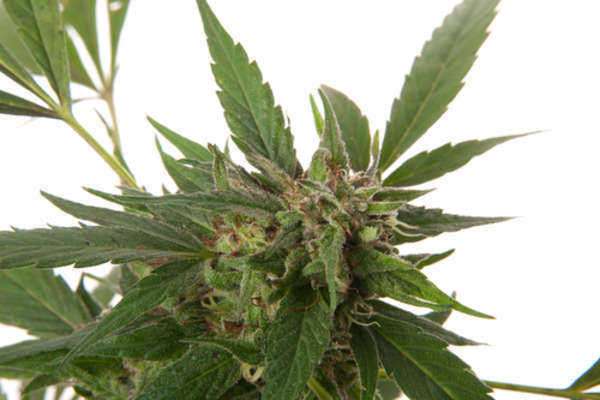Legality of Cannabis
Cannabis is one of the controlled substances that is most common for its use at the recreational level and is constantly the subject of much controversy, both of the cultural and political aspects. Cannabis is one of the most popular drugs in the world and used as widely as alcohol, tobacco, and caffeine.
Cannabis is a flowering plant that is indigenous to Central and South Asia. Though most commonly used as a drug, the cannabis plant has been used for other purposes such as medicine and fiber production. However, its widespread use as a recreational drug and its effects have made the United States Government consider it a controlled dangerous substance.
When used as a drug, cannabis has psychoactive effects that include a state of relaxation and minor euphoria. The effects are produced by tetrahydrocannabinol, or most commonly known as THC, its main psychoactive ingredient. Other effects include anxiety, paranoia, increased heart rate, hunger, and moments of introspection.

Naturally, cannabis is not an addictive drug, though individuals may develop a sense of dependence from a strictly mental sense. Cannabis has also exhibited signs of mood change, loss of short term memory, change in perception, and impaired concentration and coordination. The drug is considered as the "gateway drug," where experts will argue that the introductory use of cannabis has the tendency of leading to stronger and more dangerous drugs. The "gateway drug" theory is one of the main reasons why cannabis is considered a controlled dangerous substance.
Cannabis may come in several forms when used as a recreational drug, the most common being the herbal or leaf form. Marijuana is often the term used when referring to the dried flowers, leaves, and stems of the plant. At this level, cannabis contains anywhere from 3% to 22% of THC concentration, thus making it potentially strong depending on the type of plant and resources.
Marijuana is most commonly smoked through a pipe, hand-rolled cigarette (joint), bong, and most recently, a vaporizer. A vaporizer is slowly becoming the paraphernalia of choice for recreational users because it produces higher THC levels available for intake by the lungs, thus producing a better "high." It is also popular because of the fact that it does not produce smoke when the cannabis leaf is burned, allowing the covert use and intake of the drug itself.
Hashish, or hash, is the second form of cannabis and ranks somewhere in the middle in terms of potency. Hash is the concentrated resin produced from the flowers of a cannabis plant. Hash is most commonly smoked, but it may also be chewed or ingested. It is popular to use hash in certain bakery applications, such as making "hash brownies," a common way to ingest cannabis in this form.
Hash may be black to light brown in color and vary depending on purity. The strongest of the cannabis variety is hash oil, which is extracted from the plant by using certain kinds of solvents. THC levels can range from 40% to as high as 90%, making it the most potent form of cannabis.
Other forms of cannabis include kief and residue. Kief is the powder removed from the leaves and flowers of the plant and can be compressed to make cakes of hashish or simply smoked. Residue is the scrapings from paraphernalia and is most often smoked. The residue can be black to dark brown, and is known to be harshest on the lungs and throat than the other types of cannabis when smoked.
Cannabis stands alone in its classification because it exhibits traits of the other schedules, such as stimulants, depressants, and hallucinogens. Because of the effects and the similarities exhibited by other controlled substances, cannabis is considered as an illegal drug today. Most countries began to outlaw the drug since the early 20th century.
Because of its illegal status, cannabis is very often the subject of illegal trafficking, which is one the DEA's main concerns with the drug. Depending on the amount, being in possession of cannabis can constitute a major legal offense, followed by some serious jail time and/or a hefty fine as well.
The legality of cannabis in the United States is a current issue under dispute and controversy. Advocates for the legalization of cannabis claim that it would help reduce the illegal trafficking and the associated crime with drug, while also becoming a valuable tax source.